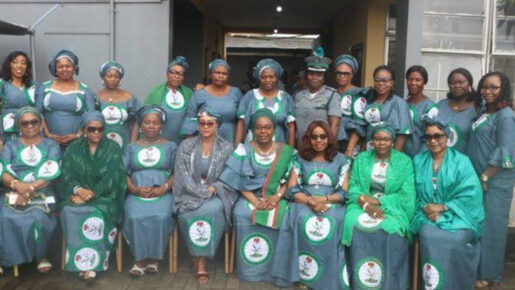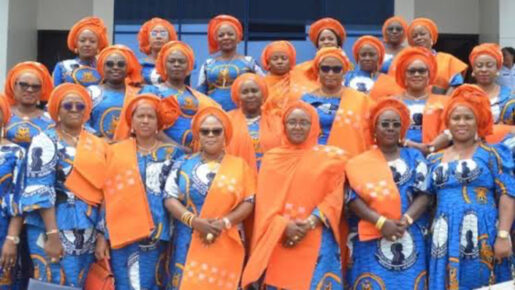A prominent trend in Nigeria’s political scene is the emergence of various wives’ associations, notably in the police and military sectors, such as DEPOWA, POWA, NAOWA, NOWA, ROSOWA, and others. Originating after the civil war, these associations aimed to foster unity among armed forces and police families.

Concerns have risen about their political correctness and gender inclusion. Some argue that while they exercise their constitutional right to freedom of association, their proliferation may hinder concrete gender reforms, with potential consequences for genuine women empowerment.
Advocates, however, see these associations as addressing gaps in gender representation and providing support for disadvantaged women, children, and those with disabilities. Initiatives like Maryam Babangida’s ‘Better Life for Women Initiative’ inspired others to focus on women’s needs, albeit within financial constraints.
Critics, including gender rights activists, question the impact of these associations, urging a shift towards organizations addressing broader social issues instead of creating more exclusive groups. They emphasize the importance of women holding key positions rather than relying on associations formed due to their husbands’ roles.
While acknowledging the freedom of association, some experts stress that these associations should align their visions with addressing women’s issues effectively. They suggest focusing on impactful initiatives, collaborating with existing NGOs, and avoiding unsustainable projects like sewing machines or soap making.
The discussion extends to the political realm, emphasizing the need for more women in key positions rather than relying on wives’ associations. The 2023 elections highlighted the gender disparity in political representation, urging a renewed focus on getting more women into influential positions.

Wives
In conclusion, opinions on wives’ associations in Nigeria vary, with supporters highlighting their role in filling gender representation gaps and critics urging a reevaluation of their objectives to ensure meaningful impact on women’s issues, as reported by guardian.ng










